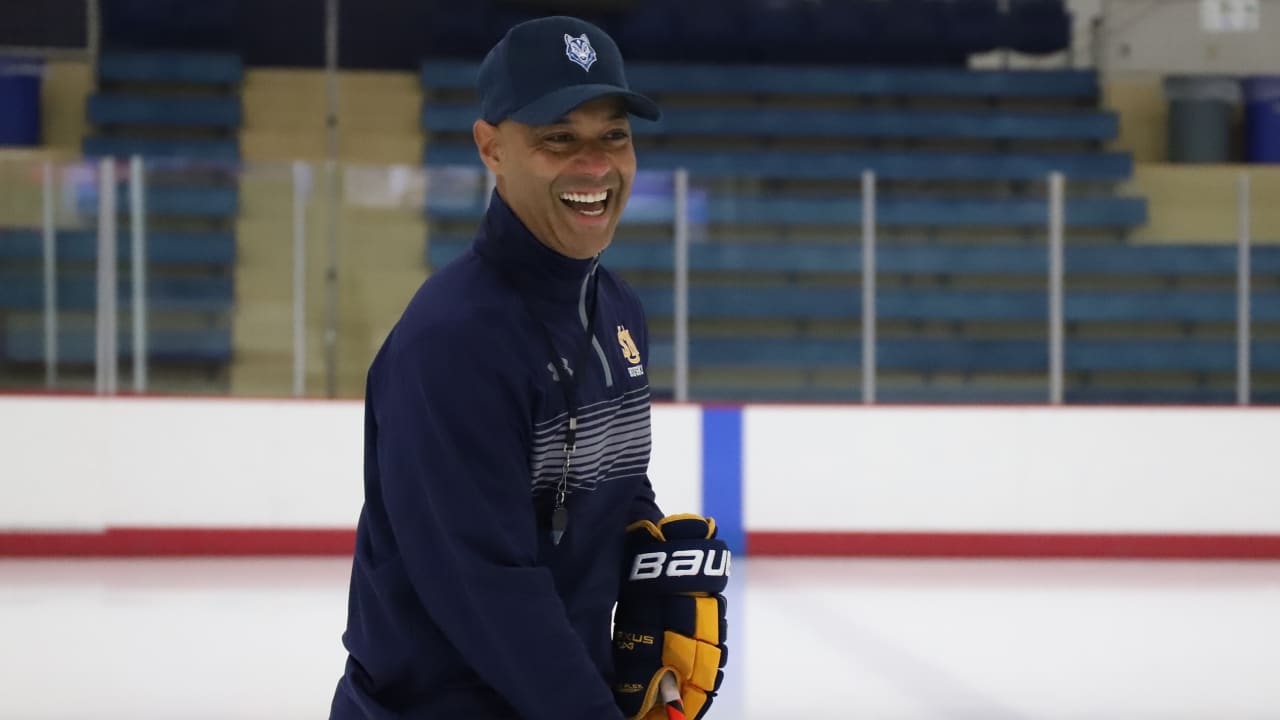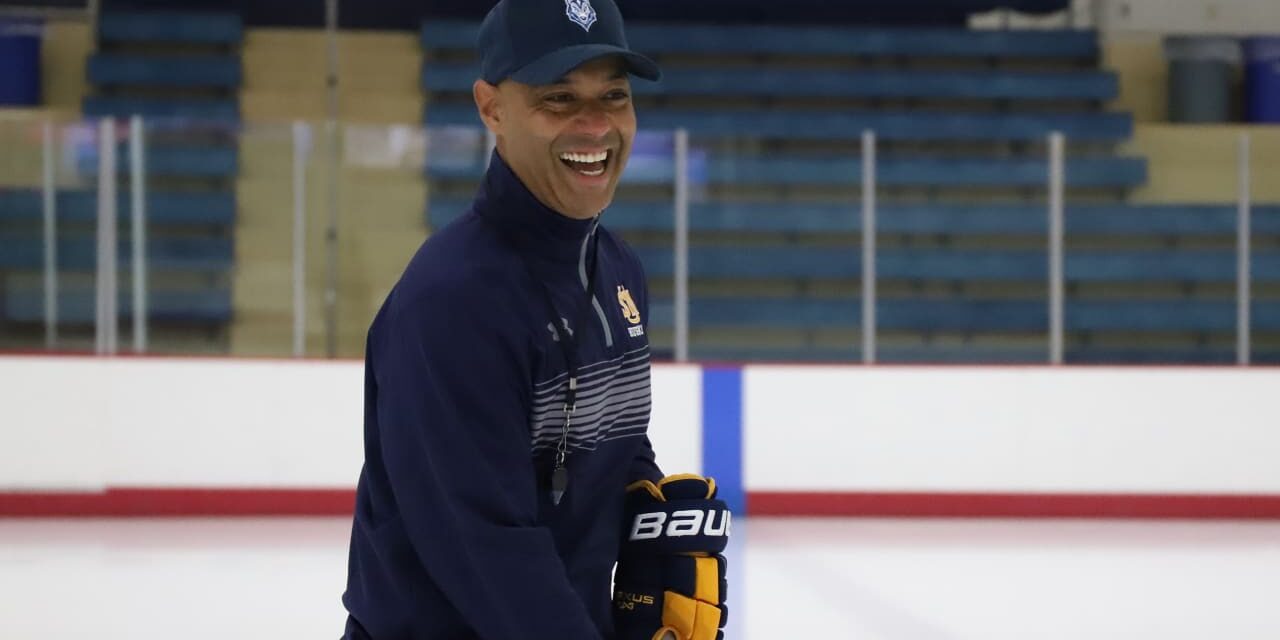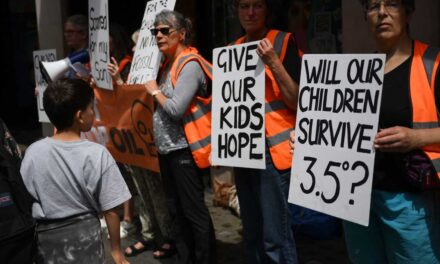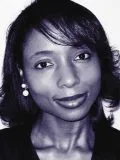
Pinchevsky’s hockey origin began in Florida in 1992 after a devastating storm.
“Hurricane Andrew kind of wiped out our part of South Florida and everybody grabbed their insurance checks and moved further off the coast,” he said. “Where we moved, it was elderly couples whose kids were grown and brand-new couples with newborns. Here I am, about 10-11 years old, and there’s no one to play with.”
That was until Pinchevsky looked outside his window one day and noticed a boy skateboarding.
“I ran out of my garage, I tackled the kid, and I was, like, ‘Hey, do you want to play?’ almost like a dog jumping on him,” he said.
The boy, whose family moved to Florida from Nova Scotia, struck a deal with Pinchevsky: He would play Pinchevsky’s favorite sports if he learned to play hockey.
“I caught the bug really hard,” Pinchevsky said. “Five years of piano out the window, traditional sports out the window. Quit baseball, which on some levels broke my dad’s heart a little bit.”
The singular focus paid off. Pinchevsky transitioned from playing on rollerblades in his garage to playing on ice at a time when hockey was starting to take hold in the area because of the Florida Panthers’ entry into the NHL in 1993.
He became good enough to play at Shattuck-St. Mary’s from 1997-2000. The Faribault, Minnesota, prep school has produced NHL talent including Sidney Crosby, Zach Parise, Jonathan Toews, Kyle Okposo and Drew Stafford.
“From a hurricane in a non-traditional area to Shattuck two years later,” he said. “I grew so much as a person and a player there. It kind of wired me to have an expectation or a way about how I go about my business in the game from everything that was afforded through some of the great people I got to experience and learn from.”
Pinchevsky, a forward, went on to play for Curry College, a Division III program in Milton, Massachusetts, and had three assists in seven games from 2003-06.
Looking back, he said his hockey trajectory seems surreal given when and where he got involved in the sport.
“I can remember flipping through channels as a little kid, seven, eight years old, with my dad, getting to ESPN or even ESPN2 and an NHL game would be on,” Pinchevsky said. “We would kind of look at each other, look back at the screen, look at each other again, start laughing and change the station.
“Now myself, obviously, my dad included, if there’s any sort of hockey on the channel stops and we take it because that’s the family we’ve evolved into,” he said.
Now he’s part of a small but growing community of Black coaches in the NCAA’s men’s and women’s hockey ranks.
Kelsey Koelzer became the first Black woman to lead an NCAA hockey team when Arcadia University, a Division III school near Philadelphia, chose her to coach its women’s program in 2020.
The University of Maine tapped Nina Rodgers as an assistant for its Division I women’s team Aug. 30 after she was an assistant for Dartmouth College’s women’s team for the past two seasons.
Former Ohio State University captain Oliva Soares became an assistant for Union College’s Division I women’s team in Aug. 2022 after working as an assistant at Division III Colby College the season before.
Lennie Childs was hired as an assistant for Union’s Division I men’s team shortly after the college hired Soares.
Leon Hayward became an assistant for the University of St. Thomas’ (in St. Paul, Minnesota) Division I men’s team in 2021 after holding the same position at Colorado College from 2017-21.




